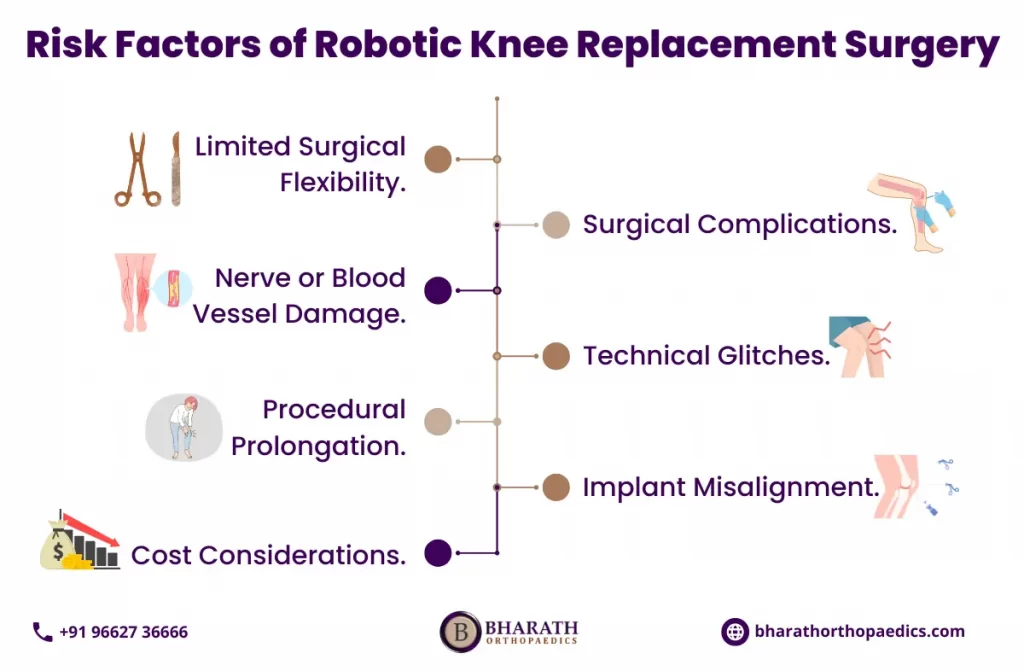Knee pain and mobility issues can severely impact one’s quality of life, making even the simplest activities challenging. Fortunately, medical advancements have led to innovative solutions, with knee replacement surgery emerging as a transformative option for those suffering from chronic knee problems. In this article, we delve into the numerous benefits of knee replacement surgery, shedding light on how this procedure can restore mobility, alleviate pain, and ultimately enhance overall well-being.
Benefits of Knee Replacement Surgery
Pain Relief and Improved Mobility
One of the primary benefits of knee replacement surgery is the substantial relief from excruciating pain caused by conditions like osteoarthritis, rheumatoid arthritis, or post-traumatic injuries. As the damaged knee joint is replaced with an advanced artificial implant, patients frequently experience a remarkable reduction in pain. This newfound relief not only alleviates discomfort but also facilitates enhanced mobility. It empowers individuals to move with greater freedom, partake in various physical activities, and ultimately regain their independence.

Restoration of Functionality
One of the primary benefits of knee replacement surgery is the restoration of functionality that it offers. Knee pain can severely limit a person’s ability to perform everyday tasks such as walking, climbing stairs, or even standing for extended periods. However, with knee replacement surgery, patients can experience a remarkable improvement in their functional abilities. This surgical procedure enables them to resume these activities without the constant discomfort that plagued them before the surgery.
Enhanced Quality of Life
Knee problems can significantly diminish a person’s quality of life due to chronic pain and restricted mobility. However, one of the key benefits of knee replacement surgery is the positive impact it has on overall well-being. This surgical procedure not only offers relief from physical suffering but also contributes to emotional and psychological health.
Long-Term Results
When considering the benefits of knee replacement surgery, it’s important to acknowledge its long-term effectiveness. This surgical intervention is meticulously designed to offer lasting solutions. The utilization of modern implants crafted from robust and durable materials enables them to withstand the rigors of regular wear and tear. Consequently, patients can derive advantages from the surgery for decades to come.
Quick Recovery and Rehabilitation
Advancements in surgical techniques and post-operative care have significantly reduced the recovery time associated with knee replacement surgery. Physical therapy and rehabilitation programs are tailored to each patient’s needs, ensuring a faster return to normal activities. Many patients are surprised by the rapid progress they make in their recovery journey.
Reducing the Need for Pain Medications
One of the significant advantages of knee replacement surgery is its potential to diminish the necessity for pain medications. Chronic knee pain often necessitates the use of such medications, which may carry potential side effects and long-term health risks. Thus, the benefits of knee replacement surgery extend beyond pain relief to encompass broader aspects of well-being.
Customized Solutions
Knee replacement procedures have evolved to become highly personalized. Surgeons consider factors such as the patient’s age, activity level, and overall health when determining the most suitable implant and surgical approach. This personalized approach ensures that the patient’s specific needs are addressed, leading to better outcomes.
Benefits of Robotic Knee Replacement Surgery
knee replacement surgery offers several potential benefits of robotic knee replacement surgery. Here are several of the primary benefits:
- Precision and Accuracy: Robotic systems use advanced imaging and 3D modeling to create a personalized surgical plan based on the patient’s unique anatomy. This helps ensure precise and accurate placement of the implants, which can lead to better alignment, stability, and overall function of the new causes of knee joint.
- Customization: Every patient’s knee anatomy is slightly different. Robotic knee replacement allows for a higher level of customization in implant sizing and positioning, which can lead to improved joint function and longevity.
- Reduced Trauma: Robotic-assisted procedures often involve smaller incisions and less tissue disruption compared to traditional surgery. This can lead to reduced trauma, less postoperative pain, and faster recovery times.
- Minimized Blood Loss: The precision of robotic surgery can help minimize blood loss during the procedure, which can be particularly beneficial for patients with certain medical conditions or those who are more prone to bleeding.
- Faster Recovery: With smaller incisions and reduced tissue trauma, patients who undergo robotic knee replacement surgery may experience a quicker recovery compared to traditional surgery. This can lead to shorter hospital stays and a faster return to daily activities.
Conclusion
Knee replacement surgery has revolutionized the lives of countless individuals who once struggled with debilitating knee pain and limited mobility. The benefits of this procedure extend beyond physical relief, encompassing emotional well-being, restored functionality, and a renewed zest for life. As medical science continues to advance, knee replacement surgery is set to become even more effective, offering hope to those in need of a new lease on life without the burden of knee pain.
Read also Causes of Bone Weakness.
